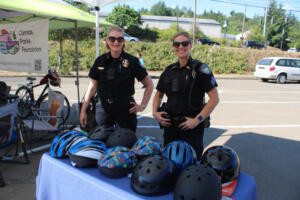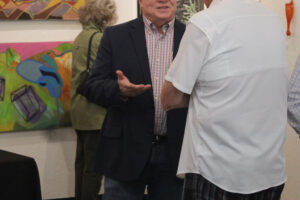Voters in Camas will decide the fate of two of three open city council seats in the upcoming Aug. 3 primary election.
Though the city has three council seats and its mayoral position headed to the November general election, only two of those races — for city council members’ Melissa Smith and Ellen Burton’s respective Ward 1, Position 2 and Ward 3, Position 2 seats — garnered enough candidate interest to warrant a primary run-off election.
WARD 1, POSITION 2 RACE
Camas Councilwoman Melissa Smith, who was appointed to the council in 2004, elected to her first term in 2005 and lost a write-in mayoral bid in 2019, is not running for reelection in 2021.
Instead, four candidates — Marilyn Dale-Boerke, Shawn High, Geoerl W. Niles and Gary Perman — are on the Aug. 3 primary ballot, competing for Smith’s Ward 1, Position 2 council seat. The top two vote-getters in each race will move on to the November general election.
Marilyn Dale-Boerke: Asked in early July, during a League of Women Voters of Clark County candidate forum what skills and abilities she might bring to the table if elected to the Camas City Council, Dale-Boerke, a 35-year resident of Camas and current head of human resources at the Camas School District, highlighted her desire to listen to her would-be constituents and bring people together to tackle some of the big issues facing the city right now.



